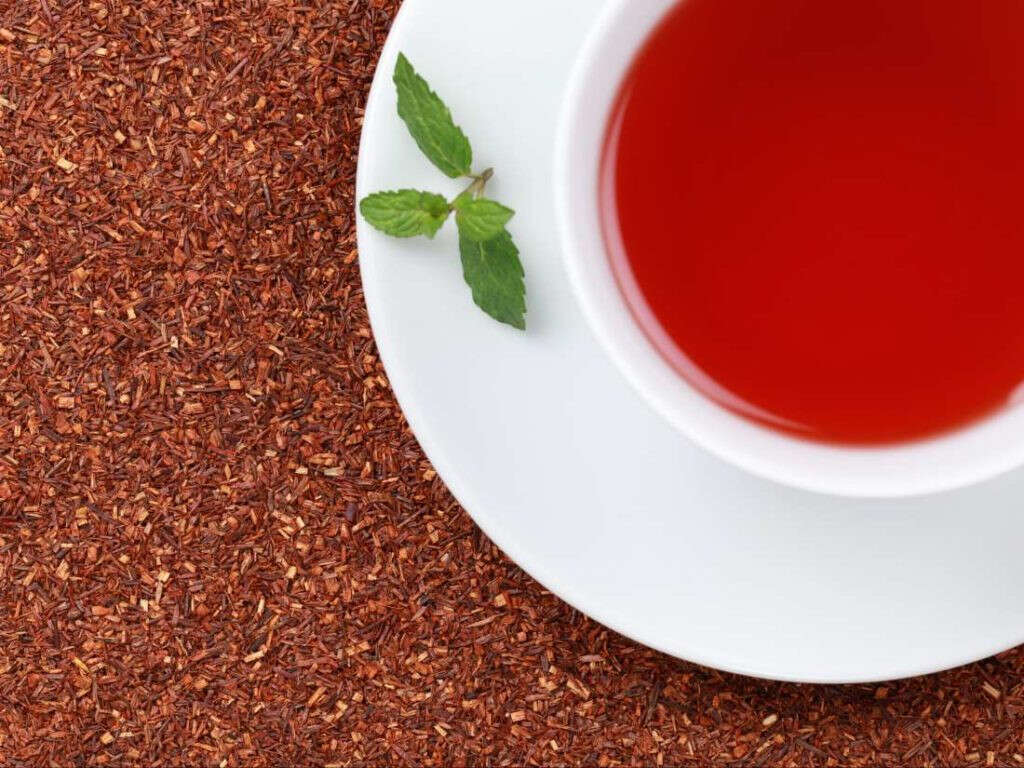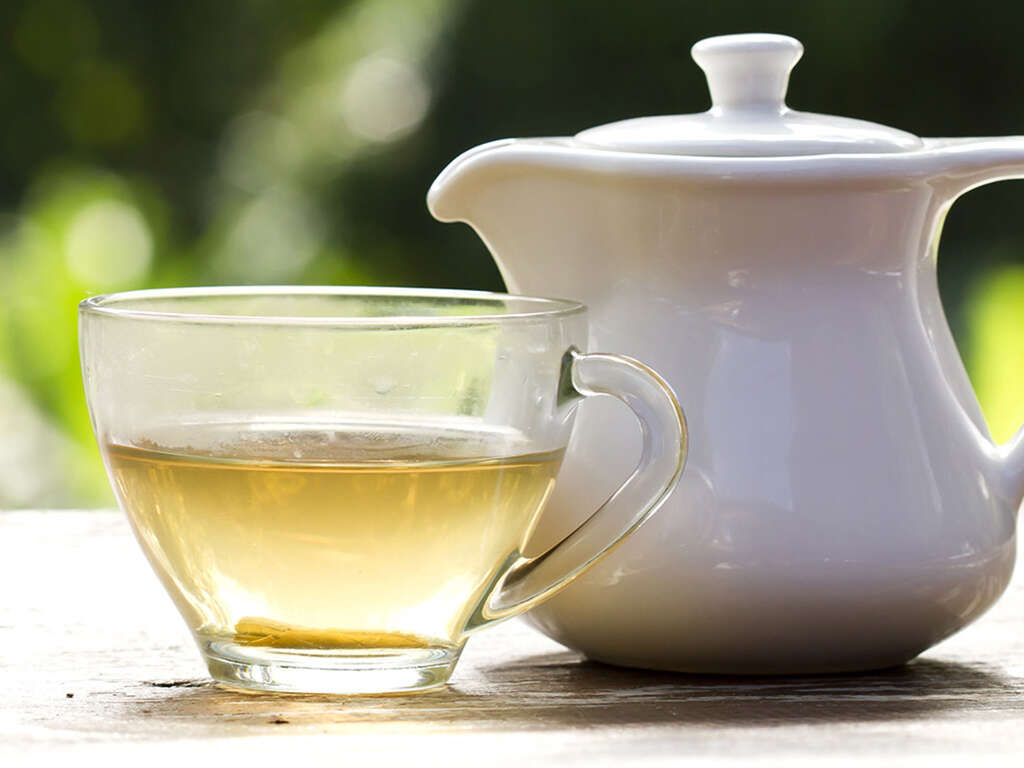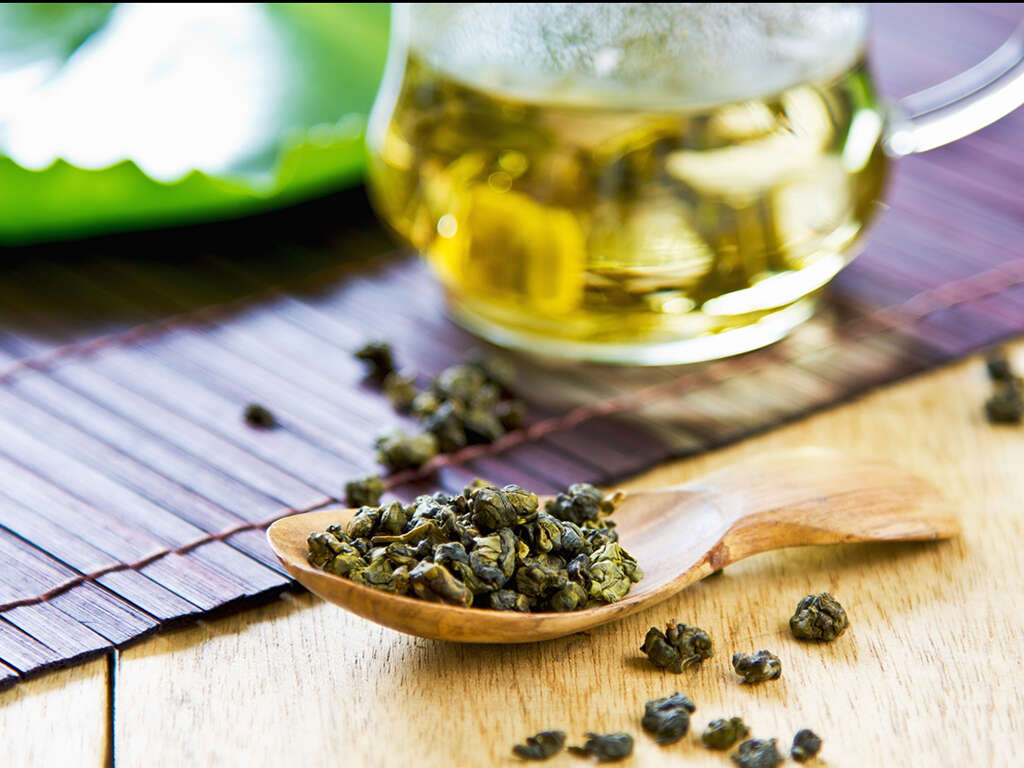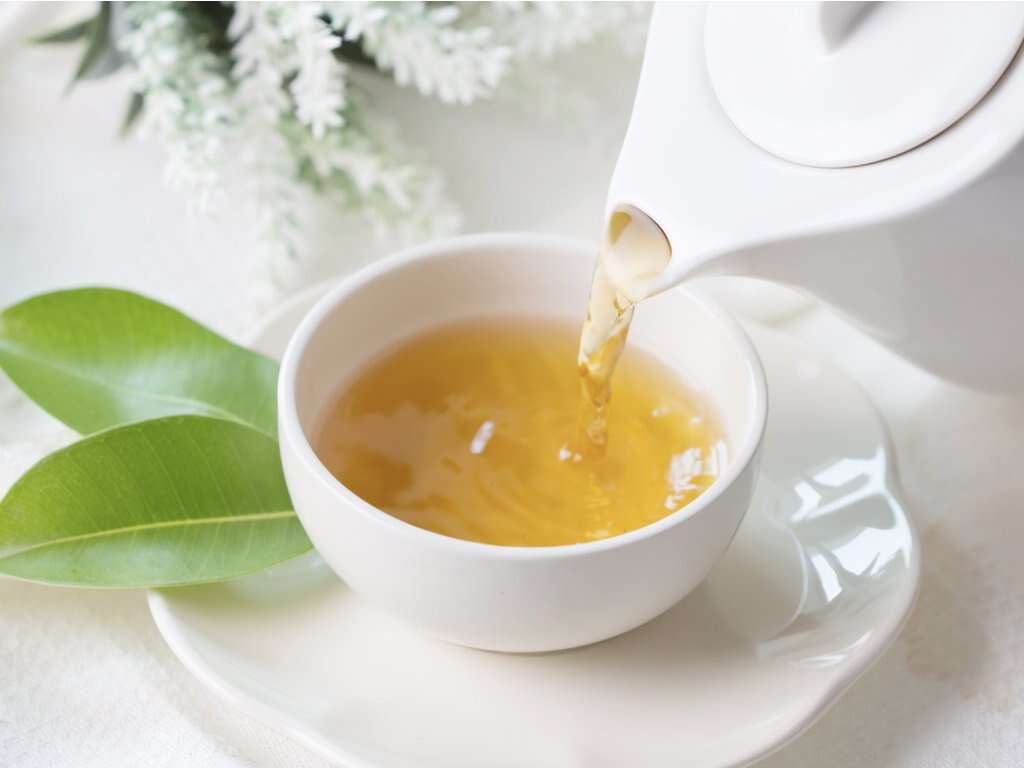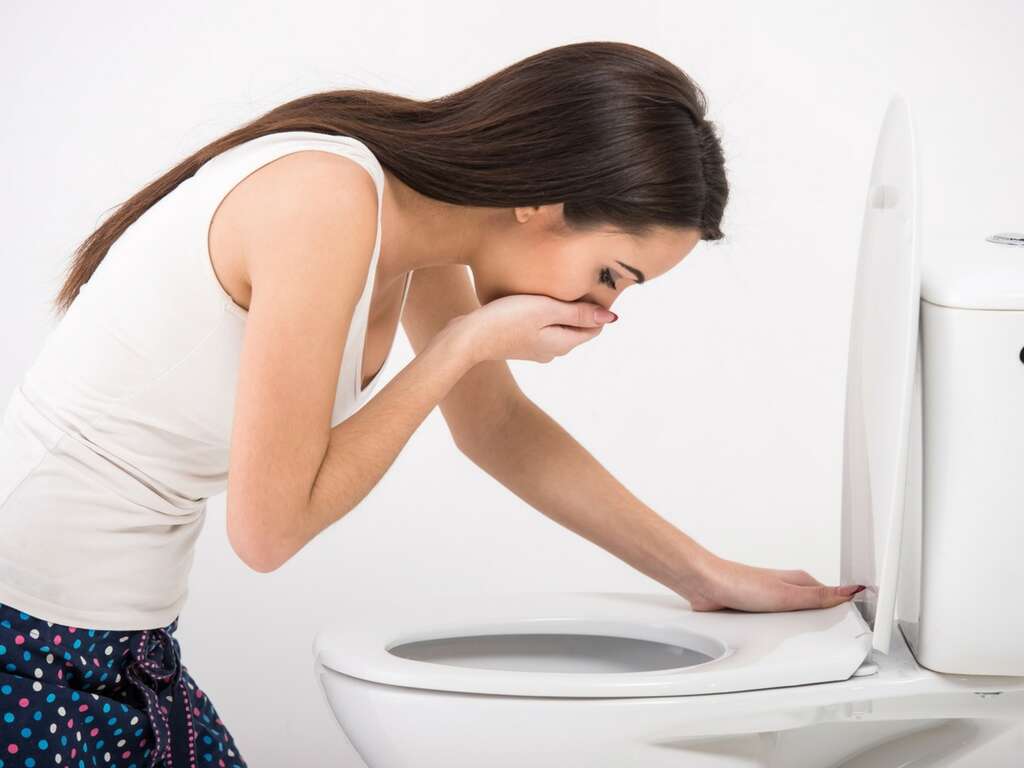10 Benefits of Peppermint Tea
Peppermint tea is a popular flavor of tea that is consumed all over the world. It is popular not just for its taste, but for medicinal purposes as well. The scientific name of peppermint tea is Mentha piperita and it is a cross between water mint and spearmint.
Peppermint is a popular scent in oils, soaps, breath mints and even candy. Its relaxing effect may be the reason it is so popular amongst users. Peppermint is native to Europe and has been used for medicinal purposes for centuries.
Current studies indicate peppermint tea has positive effects on numerous things such as headaches, the digestive system, sinus problems, and stomach issues. The tea has even been labeled “The Healer” of the tea family.
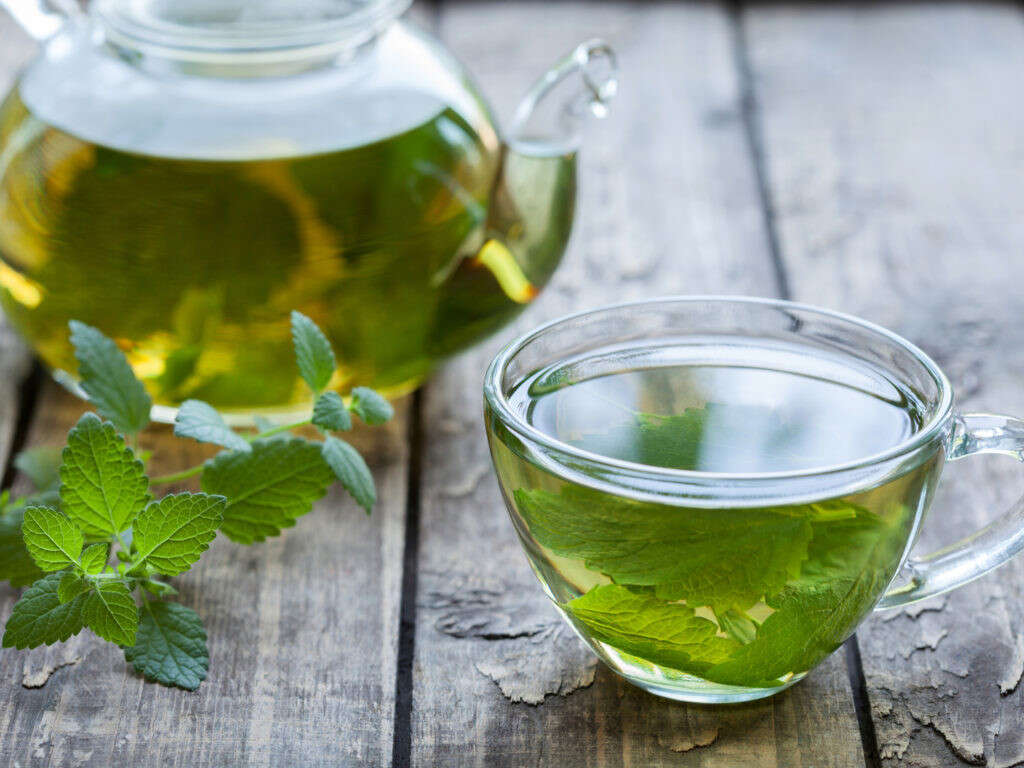
Benefit #1: Digestion
No one like feeling gassy or bloated. These are some of our worst days and we all wish for a cure that will magically rid us of digestive problems. Well luckily, peppermint may ease digestion upsets.
The reason behind peppermints positive effect on the digestive system is its ability to relax muscles and keep them from contracting, which is what causes muscle spasms in our guts. In one study, participants with Irritable Bowel Syndrome (IBS), a condition which affects the intestines, were given peppermint for two weeks. After the two weeks, participants reported feelings of relief from cramps and bloating in comparison to the placebo group.

Benefit #2: Relieves Headaches
Peppermint relaxes the muscles, which decreases muscle spasms. This may also contribute to its ability to act as a pain reliever for headaches.
In a randomized trial with individuals who suffer from migraines, peppermint was used as a pain reliever. Results found that after just two hours of use, peppermint significantly reduced pain in comparison to those in the placebo group. It is even believed that just the aroma of peppermint tea can help relax muscles and improve headache pain. Thus, if you suffer from headaches, peppermint tea or essential oils can help reduce some of the effects.
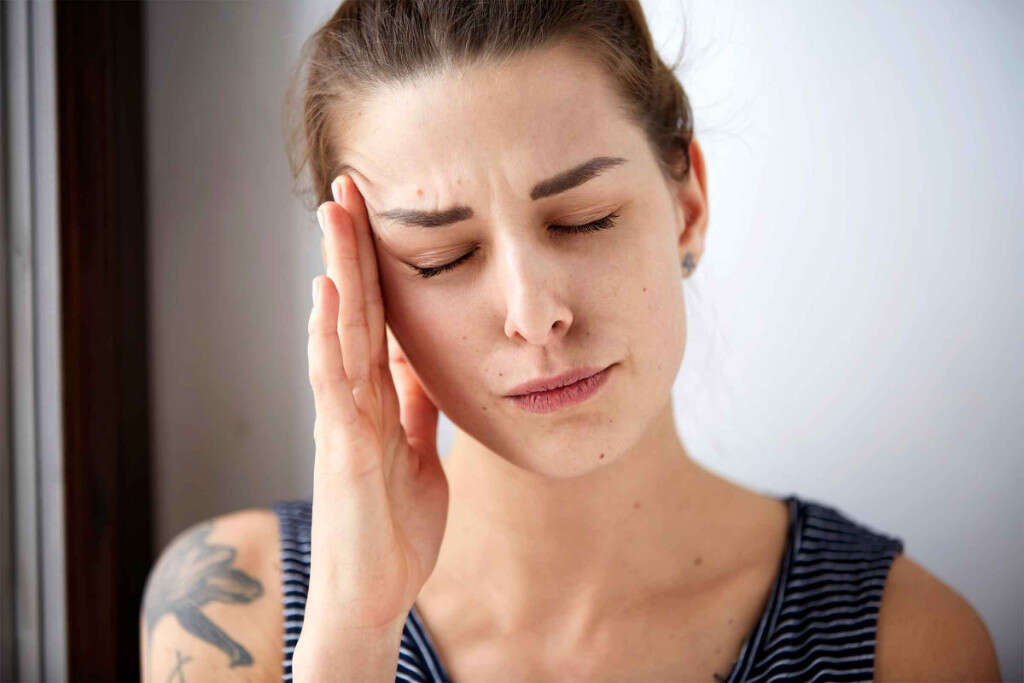
Benefit #3: Lowers Cholesterol Levels
High cholesterol levels can lead to a build-up of plaque in the arteries that can lead to atherosclerosis, hypertension, heart attacks, and even death. In the United States, 1 in 4 deaths are because of heart disease. With such high prominence in the United States, heart disease is definitely something that needs to be combatted.
Fortunately, peppermint has been shown to have some combative effects against LDL, the “bad cholesterol”. In an animal study, rats were treated with peppermint extract. In comparison to the non-supplemented group, the experimental group had decreased levels of triglycerides, total cholesterol levels, and lower blood glucose levels.
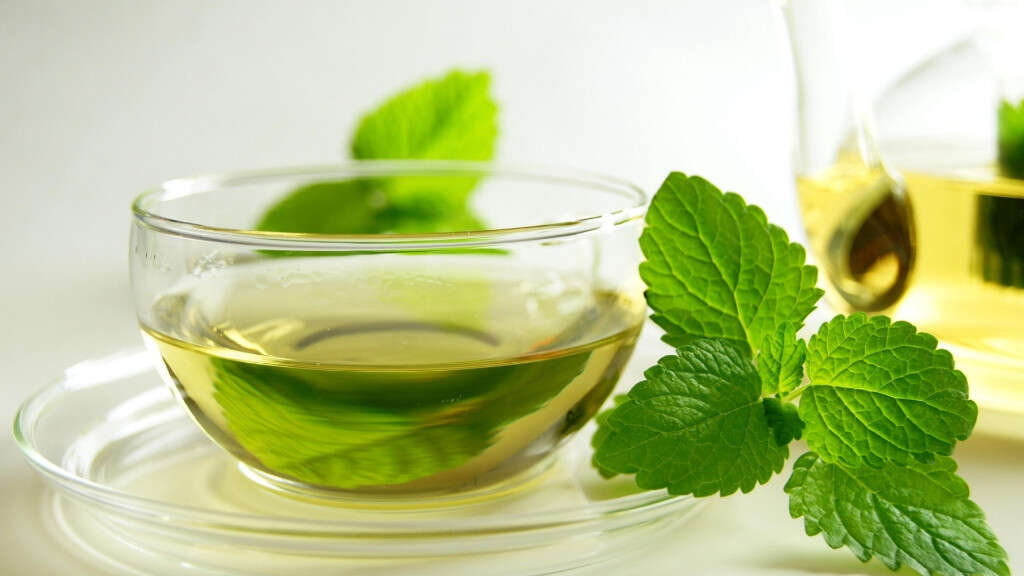
Benefit #4: Reduces Menstrual Cramps
Peppermint tea may also have a positive effect on reducing menstrual cramps in women. Due to its anti-spasmodic effects, the tea helps relieve constricted muscles in the uterus and alleviate muscle cramps.
If using peppermint tea to help alleviate the symptoms of menstrual cramps, it is best to consume the drink hot. This is because consuming hot liquids improves blood circulation. In effect, the hot temperature decreases muscle spasms and cramps in the uterus. This, alongside peppermints effect, may help alleviate cramps.

Benefit #5: Cognition and Alertness
Peppermint is not just a drink that can help with muscle tension. It appears the tea may also have positive effects on the brain. The tea has been shown to improve brain function by making us more mentally alert and by improving memory retrieval. Studies have shown positive effects on keeping drivers alert when peppermint was consumed. This also contributes to safety on the road.
In addition, studies have also shown a positive effect of drinking peppermint tea while studying. This is because the tea is helpful in memory enhancement as well as helping people handle stress. Its destress capability is due to it being a natural stress reducer. Thus, even in situations outside studying, peppermint tea can be beneficial to consume as everyday can be stressful, from work to our personal lives!

Benefit #6: May Relieve Clogged Sinuses
Another great benefit of drinking peppermint tea is its effect on fighting sinus infections, allergies, and colds. This effect is possible because the tea has antibacterial and antiviral properties, which boost the immune system and help fight off pathogens. In addition, menthol, an active compound in peppermint, can improve airflow in your nasal cavity.
In one study 40 participants inhaled menthol. Upon inhalation of the menthol, a significant enhancement of nasal sensations of airflow was reported. Thus, if you have a sinus problem, drinking peppermint tea or even inhaling it while it is hot can be very helpful in increasing air flow.
(3) https://www.ncbi.nlm.nih.gov/pubmed/3370851
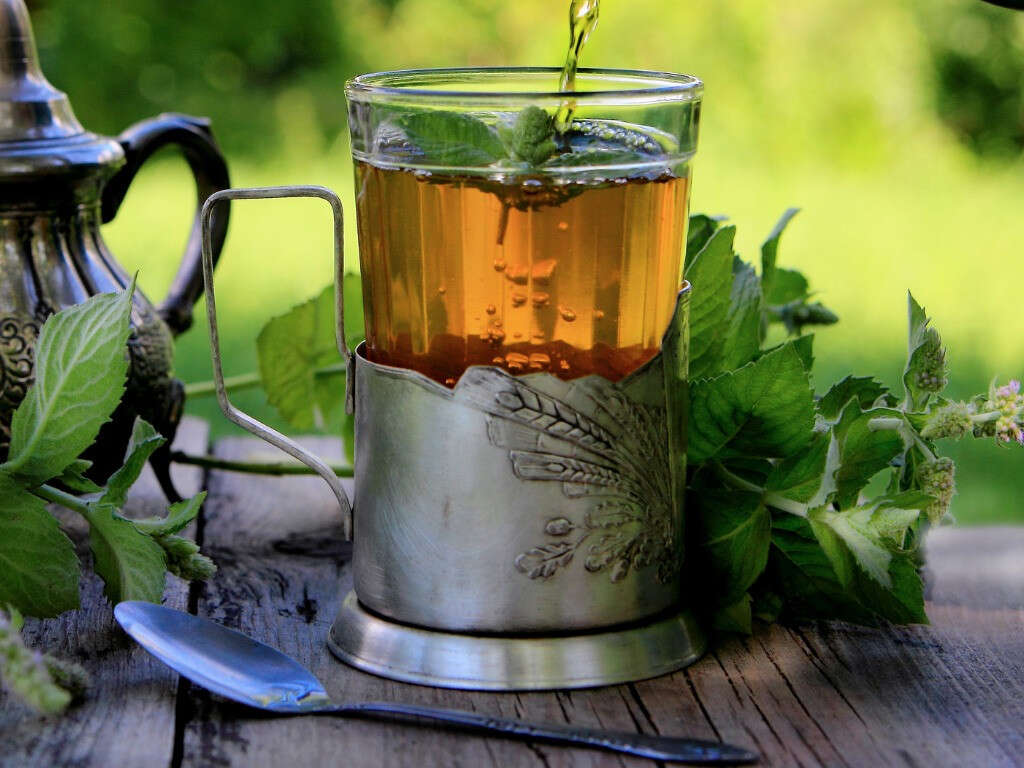
Benefit #7: Weight Loss
For anyone considering shedding some pounds, peppermint tea may be helpful in reducing daily caloric intake. It is a good idea to drink a cup of peppermint tea with a meal because the tea helps you feel full longer and quicker during the meal. Thus, you are less likely to overeat and reach for a snack or another meal.
In addition, the great thing about the tea is it has no calories. Thus, if you wish to grab 2-3 cups a day you do not have to worry about the high calories you would get from drinking a soda or a high sugar coffee beverage.
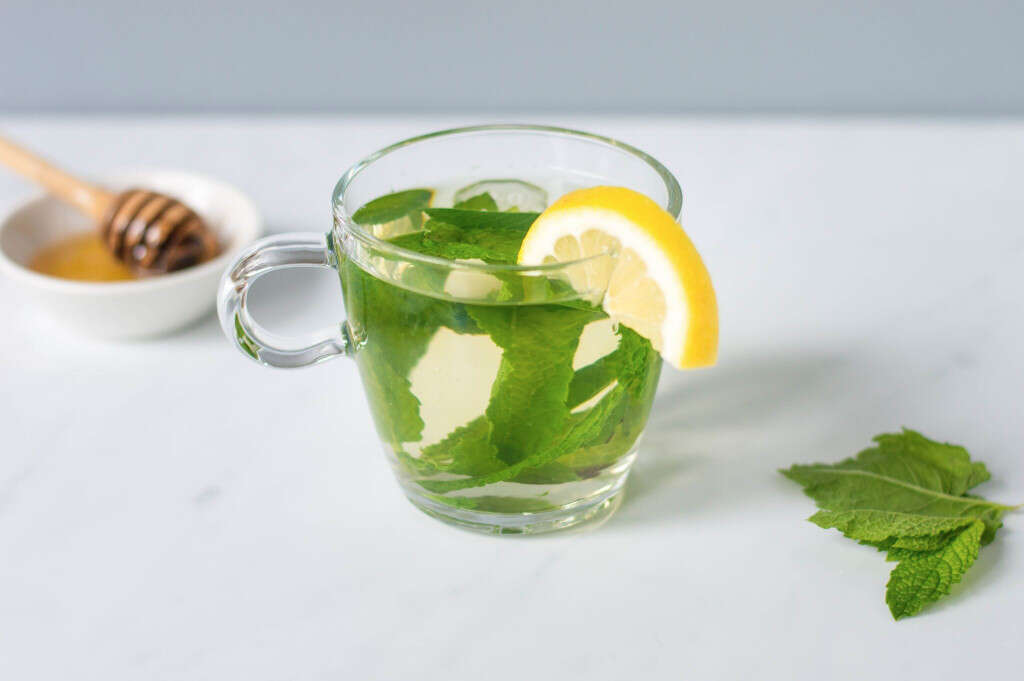
Benefit #8: Freshens Breath
Many toothpastes, mint, and gum flavors contain peppermint and there is a reason for this. One of the reasons is that peppermint has an amazing smell. However, in addition to its amazing smell, peppermint has antibacterial properties that help kill germs that cause dental plaque. This killing of germs can improve bad breath.
One study found that rinsing your mouth for a week with peppermint mouth wash improved breath smell in comparison to the control group. This is likely due to the ability of the peppermint mouth wash to kill off built up plaque. This effect was also studied in individuals who underwent severe surgery procedures. Unable to follow proper dental hygiene, participants were given a mouth wash. Like the first study, improved breath was seen in the experimental group but not the control.
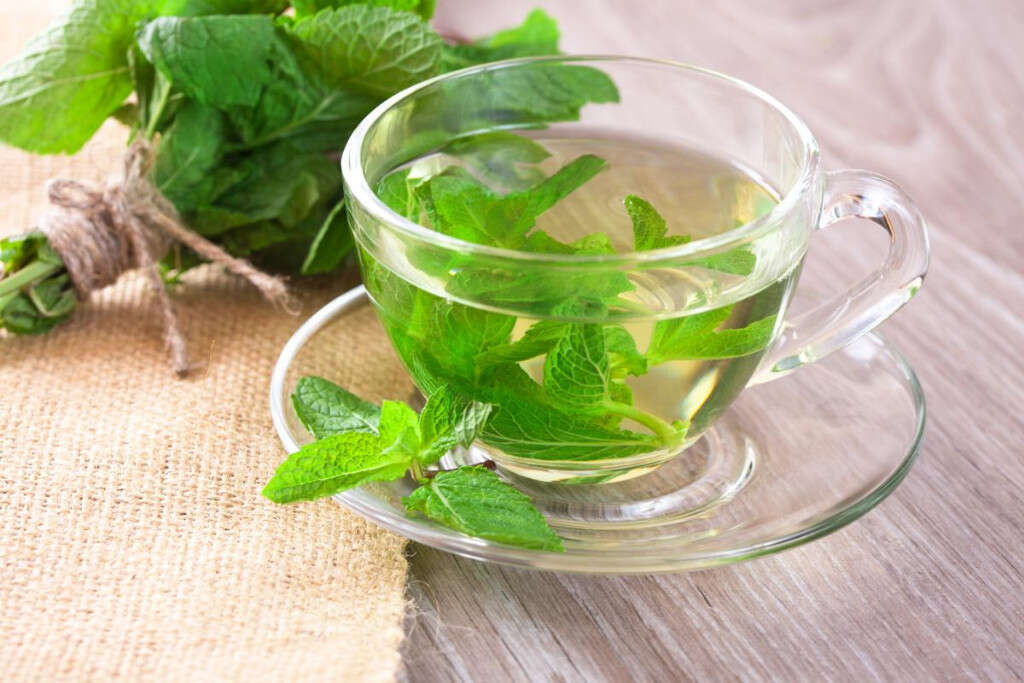
Benefit #9: Keeps You Relaxed
Peppermint is a natural muscle relaxer. Thus, it is no surprise that the tea can keep people soothed. In a NASA study, researchers found that during a stressful commute, subjects who smelled peppermint decreased their anxiety and fatigue levels by 20% and their frustration by 25%. With the stressful world we live in, this is a great natural remedy to combat stress.
In addition, high stress levels are associated with weight gain as cortisol levels have a negative effect on your metabolism. Thus, through fighting stress, the tea’s calming and soothing scent can help reduce stress as well as keep your body’s hormones on track.

Benefit #10: Helps Clear Acne
Almost everyone has had trouble with acne in their lifetime. For some it may have been a problem just during puberty. However, for some acne follows us into adulthood. For those who may still have issues with those pesky pimples, peppermint tea maybe helpful in combatting those zits.
Studies have shown that the regular usage of peppermint tea has been proven to help with skin care. Research has shown menthol has a positive effect on pimple prone skin. Of course, it does not work overnight. However, drinking one cup a day can really influence long term skin care.






